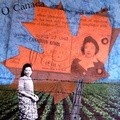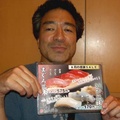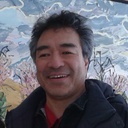
Norm Masaji Ibuki
@MasajiWriter Norm Masaji Ibuki lives in Oakville, Ontario. He has written extensively about the Canadian Nikkei community since the early 1990s. He wrote a monthly series of articles (1995-2004) for the Nikkei Voice newspaper (Toronto) which chronicled his experiences while in Sendai, Japan. Norm now teaches elementary school and continues to write for various publications.
Updated August 2014
Stories from This Author
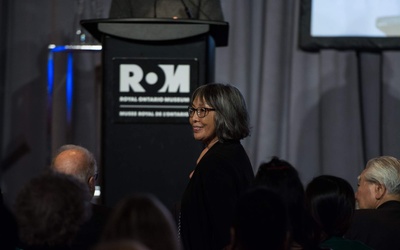
Marjene Matsunaga Turnbull: How-to-Bake a Japanese Canadian Cake
Aug. 12, 2019 • Norm Masaji Ibuki
Here’s an intriguing idea about how to think about your Japanese Canadian identity: What if it were a cake recipe what would go into it and how would you construct or, perhaps, more aptly, deconstruct, it? De/constructing my own Japanese Canadian identity over the years, I’ve learned that the foundation of the Japanese part of my cultural shaping would include the food, my awkward way of interacting with others (especially in Japanese), Buddhism, aikido, how history has twisted and bent …
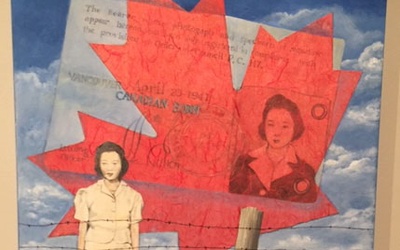
A journey of becoming ... with Toronto’s Lillian Michiko Blakey - Part 2
Aug. 1, 2019 • Norm Masaji Ibuki
The continuation of Lillian Michiko Blakey's story. Read Part One >> Right after the craft show, I got busy with my first real art piece. I am still mystified as to why I chose to create a nonrepresentational piece of art. “White Night” was an abstract landscape completely created in varying tones of point fabric. Upon reflection today, I find myself thinking this is an odd way of representing night. The other strange thing is that abstract expressionism of the 60s …
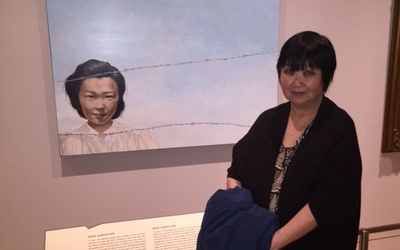
A journey of becoming ... with Toronto’s Lillian Michiko Blakey - Part 1
July 31, 2019 • Norm Masaji Ibuki
Dear Reader: When did you decide to become “Japanese Canadian” and did that choice come at a cost? For me, it was when I realized that despite being immersed in a white community, I was not a full member and that my position in it was always qualified and defined by a persistent ‘otherness,’ that stereotype that even my most well intentioned friends can’t seem to see beyond. It’s always the same asinine comments about Japanese culture, baseball, or sushi. …
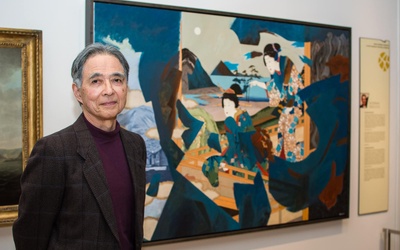
Norman Takeuchi - An Uneasy Harmony of Sorts
June 7, 2019 • Norm Masaji Ibuki
“Certain events can have a major impact that will last a lifetime. The forced removal of the Japanese Canadian - my family was among them - from the west coast into the British Columbia (BC) interior in 1942 is one of those events. My troubled feelings regarding this disordered time have remained unfaded along with my ambivalent attitude towards being Canadian of Japanese origin.” — Artist Norman Takeuchi As we launch into the new “Canadian Nikkei Artist” series, I wanted …
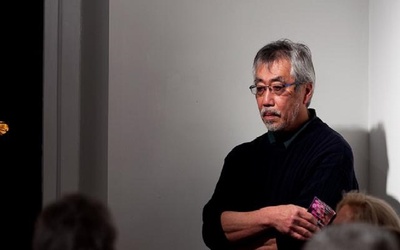
Toronto art at the Royal Ontario Museum: Being Japanese Canadian: Reflections on a Broken World
May 28, 2019 • Norm Masaji Ibuki
What does being Japanese Canadian (JC) mean to you? And, how was the world of your own family broken by the experience of internment? That answer differs with each one of us. Pondering upon my own answer, I would list factors like my family’s lost histories in BC, internment, forced labour on a Manitoba sugar beet farm, the so-called dispersal ‘east of the Rockies’, settling into tumultuous new lives and careers in Ontario, young families, getting back into contact with old JC …
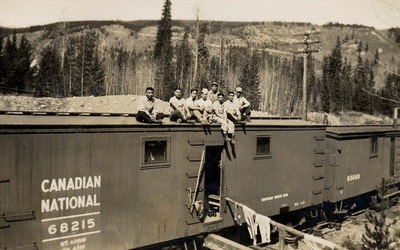
The Lost Highways: BC JC Heritage Sign Project Ends, Ontario’s Begins - Part 2
Feb. 7, 2019 • Norm Masaji Ibuki
Read Part 1 >> Can you tell us a bit about each of the sign sites? What was the local community support like? It began on October 2017 at Tashme Internment Camp - located beside Sunshine Valley Tashme Museum with a stop of interest sign about thirteen km outside Hope on Highway 3. On May 2018, a stop of interest sign was installed for the Lillooet self-supporting sites: Bridge River, Minto, McGillvray Falls, East Lillooet, Taylor Lake with East Lillooet. …
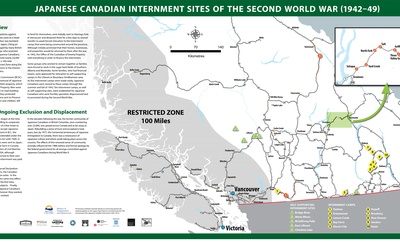
The Lost Highways: BC JC Heritage Sign Project Ends, Ontario’s Begins - Part 1
Feb. 6, 2019 • Norm Masaji Ibuki
Certainly one of the most important Japanese Canadian projects that was completed in 2018 was the Highway Legacy Sign Project in British Columbia (BC), Canada. The ambitious eight site project included important reminders that Nisei and Issei men worked as forced labour to build highways in some of the most remote and dangerous areas of BC and Alberta. In September 2018, the Ontario JC heritage marker program was launched. The first one highlighted a little-known chapter of Japanese Canadian history …
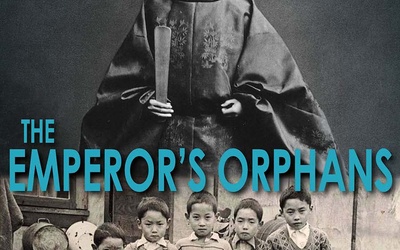
Sally Ito’s Memoir The Emperor’s Orphans: An interview - Part 2
Nov. 20, 2018 • Norm Masaji Ibuki
Read Part 1 >> What does being Nikkei mean to you today? Being Nikkei today means being aware of who I am regarding my personal history, and being aware of what continues to inspire me as a writer. Is this something that you are passing on to your kids? If so, how and why? What is their reaction to these stories and their connection to Japan? Am I passing this on to my kids? I have tried my best to …
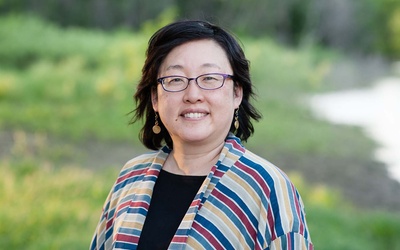
Sally Ito’s Memoir The Emperor’s Orphans: An interview - Part 1
Nov. 19, 2018 • Norm Masaji Ibuki
Nation of Birds What if our only home were the air And our wings flapping through it? And time the space we lived in And the nest, a current for our eggs? What if there were no abode but Shore or field, one day to the next, The wide sky, the only true resting place Made of movement and yearning For a never-arriving home? — Sally Ito In Winnipeg poet/teacher/translator Sally Ito’s memoir, The Emperor’s Orphans (TEO), readers are taken …
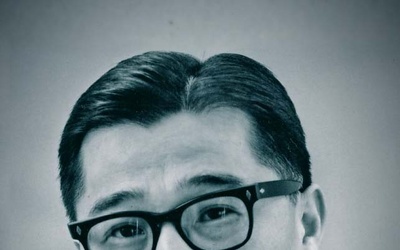
A Principled Stand: Gordon Hirabayashi V. the United States: A Book Review
Nov. 6, 2018 • Norm Masaji Ibuki
As this past September 2018 marked the 30th anniversary of the Redress settlement, I want to share some learning about one of the most important Japanese American heroes, Dr. Gordon Kiyoshi Hirabayashi (1918-2012), whose stand against the 1942 curfew and internment of JAs during World War Two continues to inspire new generations. A Principled Stand: The Story of Hirabayashi V. United States was created by his late brother, James (1926-2012), who was a professor emeritus of Asian American History at San …

